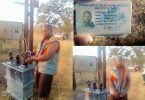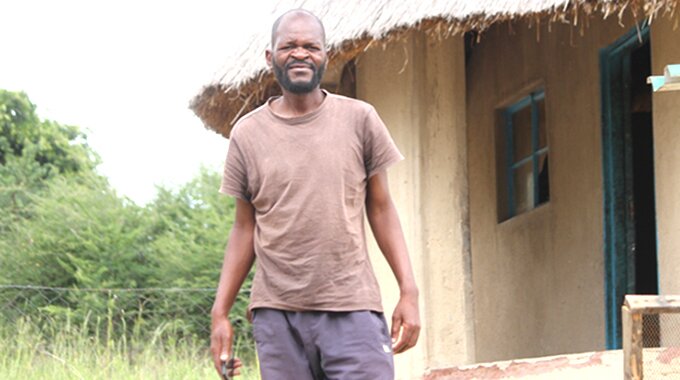In the next two months, two developments could set into motion events heralding the beginning of an end to the marginalisation of African languages.
In two weeks, Africa and the world will mark International Mother Language Day.
Under the United Nations Educational, Scientific and Cultural Organisation (UNESCO), UN member states celebrate International Mother Language Day.
Among several other aims, the occasion seeks to preserve linguistic diversity and promote mother tongue-based multi-lingual education.
In celebrating the occasion every year on February 21, UNESCO argues that linguistic diversity and multi-lingualism were essential for sustainable development.
Advertisement
On the other hand, in the next two months, the continent launches the Africa Factbook.
The first activity seeks to bolster recognition and use of Mother Language, while the second establishes Africa as a producer of knowledge and not a mere consumer.
The Africa Factbook marks the first time that Africa has taken the initiative to produce and own the information that will become the continent’s official source of data and reference information.
For the African Union (AU) Commission, the Africa Factbook is in line with the AU Pan-African Vision of Agenda 2063 and Aspiration Five, which seek to enhance a strong cultural identity, common heritage, values and ethics of Africa.
The two events will help train the spotlight on transforming African societies, because until recently “knowledge” supposedly came to Africa from the northern hemisphere.
The Africa Factbook is useful as a go-to site for facts about Africa and its peoples for the purpose of information dissemination, education, trade, entertainment, reference, statistics and documentation.
It’s launch was initially scheduled to coincide with the African Union (AU) Summit of Heads of State and Government taking place this week in Addis Ababa, Ethiopia.
Current information deficit about Africa represents impediments to development efforts across the continent.
To narrow the information and knowledge gaps and reduce the imbalance in information about Africa and Africans, it has become necessary to document data and information about Africa by Africans and to make these readily accessible to potential users, researchers as well as investors.
Among the many myths peddled about Africa that have made it into textbooks in schools, are claims that Africa has no history or that there are no inventors and discoverers from Africa.
Advertisement
The Africa Factbook disputes this and shows that Africa is the backbone of world civilisation and that it is about time the continent occupied its rightful place in world history.
The African Factbook is a product of 45 researchers from across the world that gathered in Zimbabwe for 10 weeks between October and December last year.
In the quest to bring an end to the marginalisation/peripheralisation of African languages and the consequential transformation of African societies, universities are seen as critical starting sites of this struggle.
The medium of instruction at most universities on the African continent is either English, French or Portuguese.
Yet in China, Germany, Japan, North America, Russia and South Korea, for example, the language of instruction is in the children’s mother tongue. This demonstrates the possibilities of employing the mother tongue as a medium of instruction in Africa.
In Cambodia, The Philippines and Thailand, their education policies favour early education in the mother tongue, while a 2006 UNESCO-supported study showed that mother tongue-based multi-lingual learning was likely to result in higher retention of knowledge.
In fact, closer to home, is the example of Afrikaans as a medium of instruction at tertiary and university levels.
At the University of Limpopo, students writing their Masters and PhD theses are able to do so in any of the official languages of their choice. This helps in bolstering the status of African languages.
At Rhodes University, for example, isiXhosa is a medium of instruction in supporting courses in Journalism and Media Studies, while Ethiopia’s Adama Science and Technology University uses Afan Oromo bilingually with English.
Decades of domination ensured Africans despised everything to do with themselves — their languages, cultures and religions.
Advertisement
Universities, therefore, need to work harder to undo the disconnect created between African people and intellectual thought and so establish the African voice in universities.
Re-empowering African languages will contribute sustainably to transformation of societies and economic progress.
– HERALD








